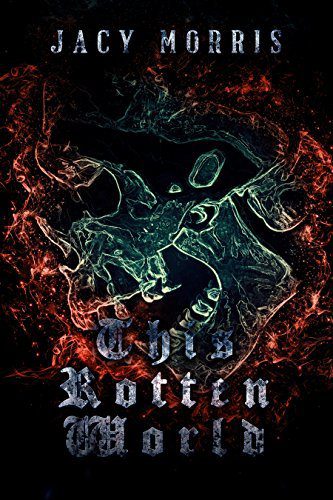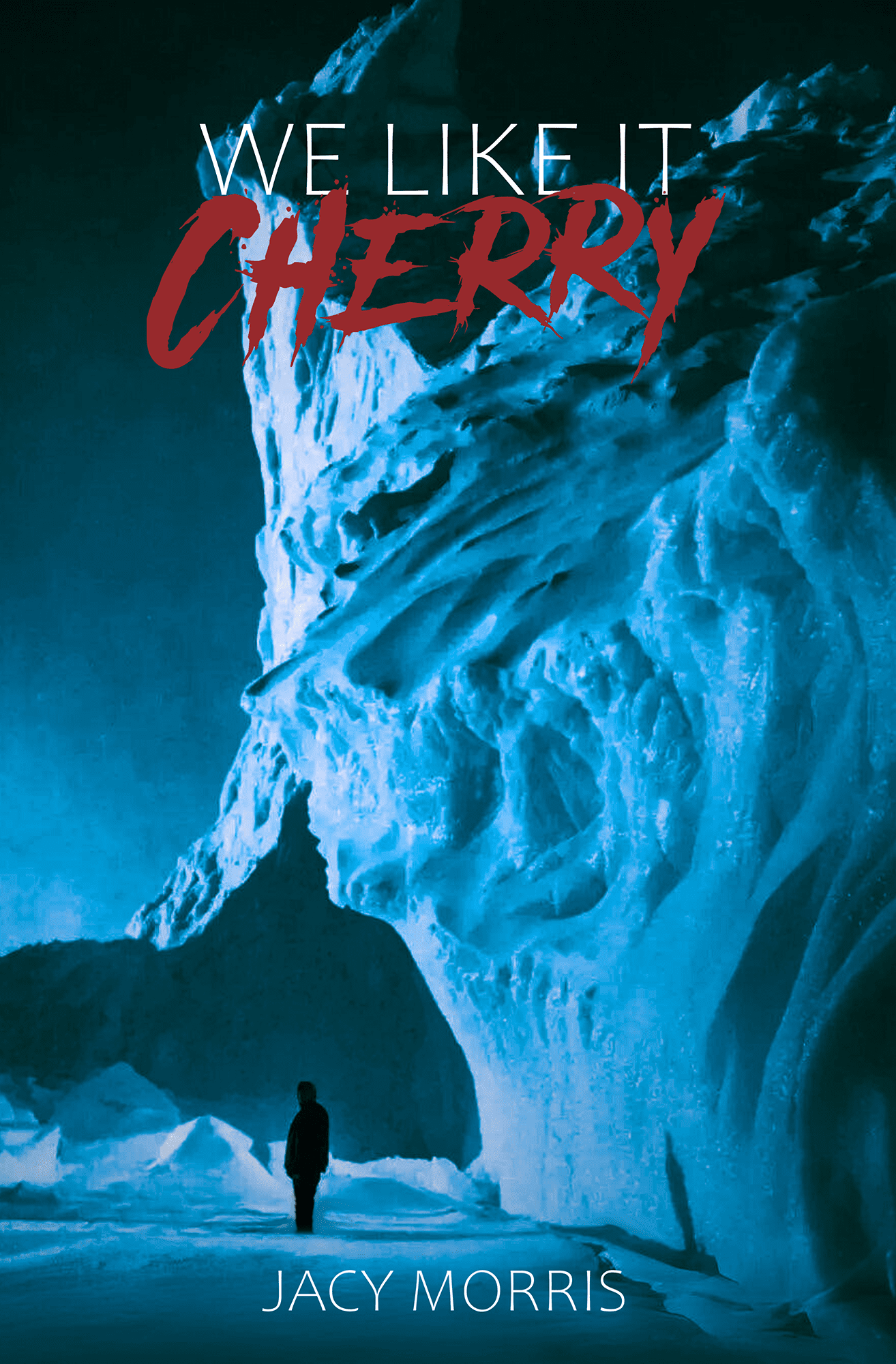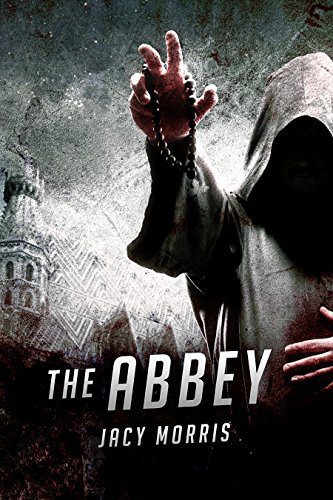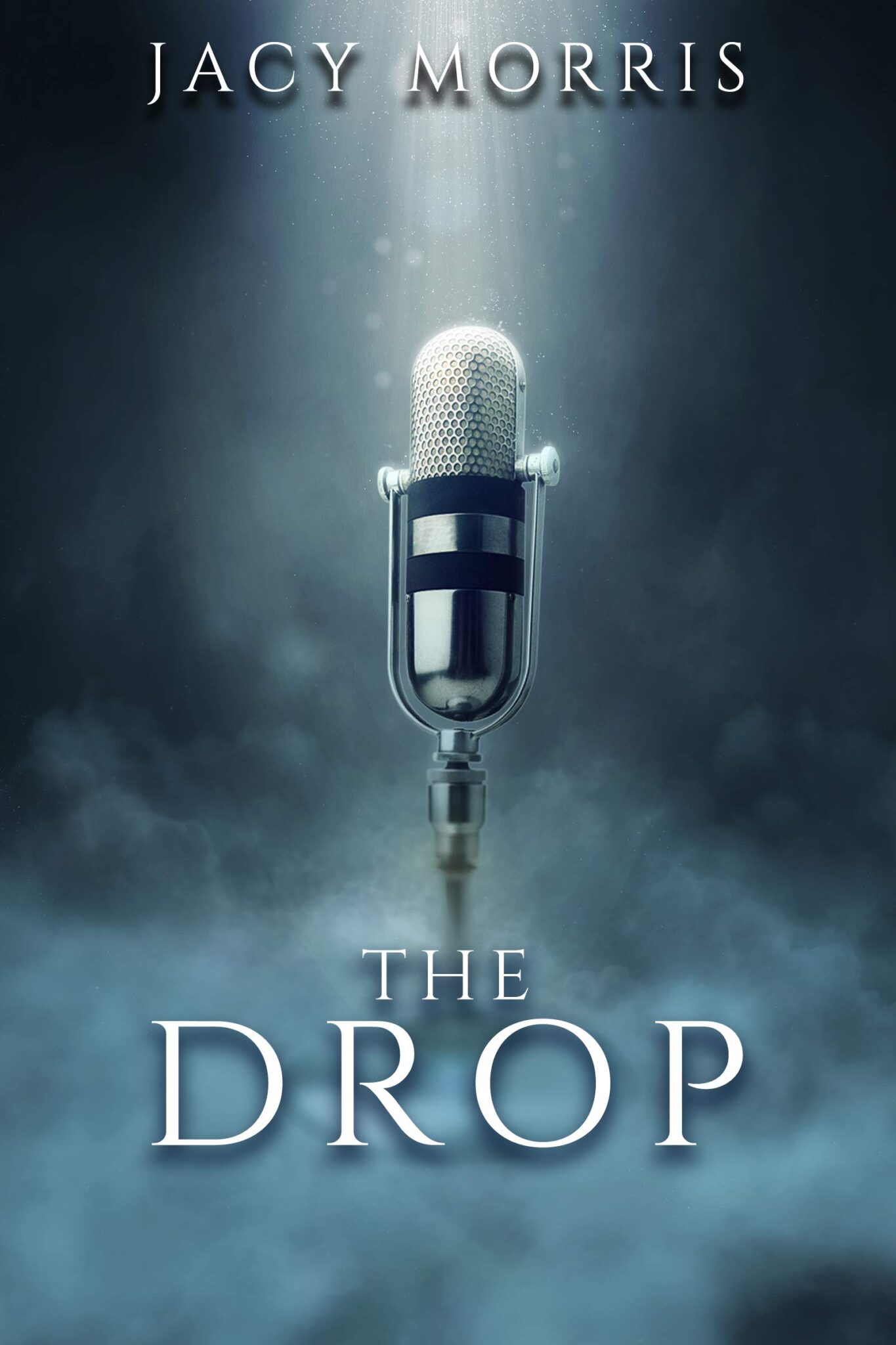As summer winds down, so does our Indie Author Summer Series. With this piece, we close out the summer of celebrating the indie author. Over the past several months, we have had the honor of featuring writers whose work might not always make it to the front tables at bookstores. It has been a season of fresh-to-you voices and bold stories. Each conversation has revealed a different experience of what it means to be an indie author, the courage to take creative risks, the drive to champion lesser known voices and determination to bring these stories into the world on their own terms.
After a season filled with originality and true grit, the final spotlight for this Indie Author Summer is on Jacy Morris. His work is bold, inventive, and downright scary. This interview reminds us of why indie author and small press literature continues to inspire. If you have been following this series, you will not want to miss this one.

Abby Wolf: Tell me about the first glimpses you had in your earlier life that were like “yes, I want to write stories and pursue publication”.
Jacy Morris: I suppose the earliest moment I ever thought of the idea of being a writer was in elementary school when I wrote a story and my teacher liked it. She took the time to tell me what she liked about it and what she didn’t. She was my first editor, I suppose. I enjoyed the conversation around the story, almost more than writing it, I believe. It was a horror story, of course, even back then. It must have been fourth or fifth grade, and I had written a story about a boy walking home at night through a graveyard. He accidentally falls in a grave, and all the classic Universal horror monsters appear… like all of them. It was my first lesson in “toning it down” which I find I always need to do, even these days. As far as pursuing publication, I didn’t really pursue publication until a few years ago. I was busy self-publishing and not caring about anyone else’s opinions or tastes. But I discovered a standalone novel is almost impossible to launch on your own without spending money and time marketing. I just like writing, not so much the marketing aspect of writing, so my standalone novels would tank and sell like four or five copies. But when you publish with someone else, they spend more time doing that side of things, and I can focus on what I do best… writing more books. So I started sending out novels and seeing if there were any takers, which there were and are, which is still a trip to me.
A.W.: How has your writing evolved since you began publishing?
J.M: The one thing I’ll tell any writer out there is you need to find an editor or editors. In my case, I’ve worked with many editors for novels, short stories, and other things. When I first started, I was wordier than I am now. With the tips and tricks of editors, pointing out the spots where I can simplify things and make them stronger, I have created a fairly tight style. I spend less time focusing on description and setting, unless those things are moving the story forward. My writing is faster now. Many people point out the fact that my novels are like movies, which is how I want them to play out. I don’t want you “fast-forwarding” through the boring parts, so I try not to have any boring parts. If you go back and look at my first novels, it’s not much different from how I write now, but just tighter and smoother.
A.W.: What is your biggest writing fear?
J.M: I don’t know that it’s a fear, so much as it is a concern. When I write a story, it’s because I’m interested in something, and I want to explore an idea. I write so much and explore so many different aspects of life, that I fear one day I will run out of things to say. I’m not one to repeat myself. Originality and creativity are the two big draws for me as a writer. If I’m not having fun and growing as a human being in the process, I don’t know that I would continue to write. It hasn’t happened yet, but you never know. The thought of pumping out formulaic writing for money doesn’t appeal to me, and I hope I never become that person.
A.W.: Describe a memorable interaction you had with a reader over one of your books or stories.
J.M: I think my most memorable moment came the first time I met an actual fan in real life. I was out getting a haircut at a new barber shop, and as I usually do, I started talking about horror and how I’m a horror writer. She excitedly told me about this book she was reading, and it turns out she was reading my book, This Rotten World. I was all, “No way! That’s my book!” We shared a spontaneous hug, took a picture, and when I go and get my haircut now, she’s who I go to. It might be a common occurrence for some authors, but I’m not one who generally splashes my face all over my social media. I don’t even include my picture in my books, unless a publisher requests a photo, so most of my fans wouldn’t even recognize me on the street.
A.W.: What is your all time favorite book and your favorite quote from it?
J.M: When I was younger, I would have told you The Stand by Stephen King. Hell, tomorrow, I might tell you that as well. But right here and now, I think I’ll go with The Gunslinger by King again. The quote that always comes to mind is, “Go then. There are other worlds than these.” To me, the quote perfectly encapsulates the mystery and selfishness of the human experience. To one fully enlightened and clear of purpose, it matters not what other people do. It’s also a fun thing to say to someone when you don’t care if they stay or go.
A.W.: Aside from writing, do you have any other artistic endeavors or hobbies?
J.M: I am mostly useless in the meatworld. I have one true talent, and that is writing stories. Now, I can write anything, from a short story to a song to a screenplay, but aside from that, other forms of art evade me, which I’m happy about. I believe it would be a very sad thing to be good at all forms of art. A person must be able to see the greatness in others, which is harder to do when you’re good at everything. As far as hobbies go, I do spend some time playing video games and watching movies, but not as much as in my youth, as I find writing to be both a career and my main hobby, and I only stop doing it when I’m tired and can think no longer.
A.W.: As an indie author, how do you connect with readers and build your community in the indie publishing world?
J.M: I honestly don’t put much time or thought into it. If you want to come along for the ride with me, I welcome you. I post on social media, usually updates about things I’m doing or the progress I’ve made in writing, and then I go about my business, living in the real world. If that’s enough for fans, we’ll be happy together. If people want more, I just don’t have it in me. Though I love my fans, I usually only post on social media with the last energy of the day. I often see some authors spending hours posting throughout the day, and I’m all… don’t you want to be writing something else?



Images courtesy of their respective publishers
A.W.: What is one aspect, beyond sales, that marks “success” to you?
J.M: For me, success is simple; it’s when I write. I don’t write for money or to please fans, or for any particular reason other than I am obsessed with creating. When I finish my writing for the day, and I’m exhausted, that is success to me. I might write a 2000 word short story that is absolute garbage which I’ll never submit somewhere, and I still consider it success. I came up with an idea, tried it, and am stronger for it.
A.W.: What was the first book that moved you emotionally and left its mark?
J.M: This one is hard for me. I started reading at a very young age, and most of those books were not what I would call emotional bangers. Did The Cat in the Hat leave an emotional mark on me? I don’t know. I am sort of a curious observer. I don’t get lost in the emotions of a story, usually. I’m just here to see what happens. If what happens is sad or tragic, I tend to nod my head and move on. Perhaps part of that disconnect comes from the fact that I never saw myself in any of the books I was presented as a child. As an Indigenous person, it’s very easy to say, “These characters are not Indigenous. This is happening to someone else.” When you don’t see yourself represented in writing, all books are fantasy.
A.W.: What is your favorite thing to drink while writing?
J.M: I drink far too much Coke Zero… my caffeine addiction is real, but I don’t like coffee breath and try to avoid calories and the horrendous feeling of sugar-teeth, so Coke Zero is my jam.
As we close our indie author series, we are reminded of the power of independent voices and presses. They can take us in limitless directions. Indie author literature is an vital now as ever. A heartfelt thank you to all the authors who shared their time and insights with us this summer, and to you, the readers, who came along for the ride. May your shelves be full and your TBR (to-be-read) always in the company of great stories, including an indie author or two.
You can also check out a review of Jacy’s newest release, from Tenebrous Press, We Like It Cherry here. Paul Semel also did a fantastic interview with Jacy, so be sure to check both of these articles out.
Images via respective owners
Have strong thoughts about this piece you need to share? Or maybe there’s something else on your mind you’re wanting to talk about with fellow Fandomentals? Head on over to our Community server to join in the conversation!

